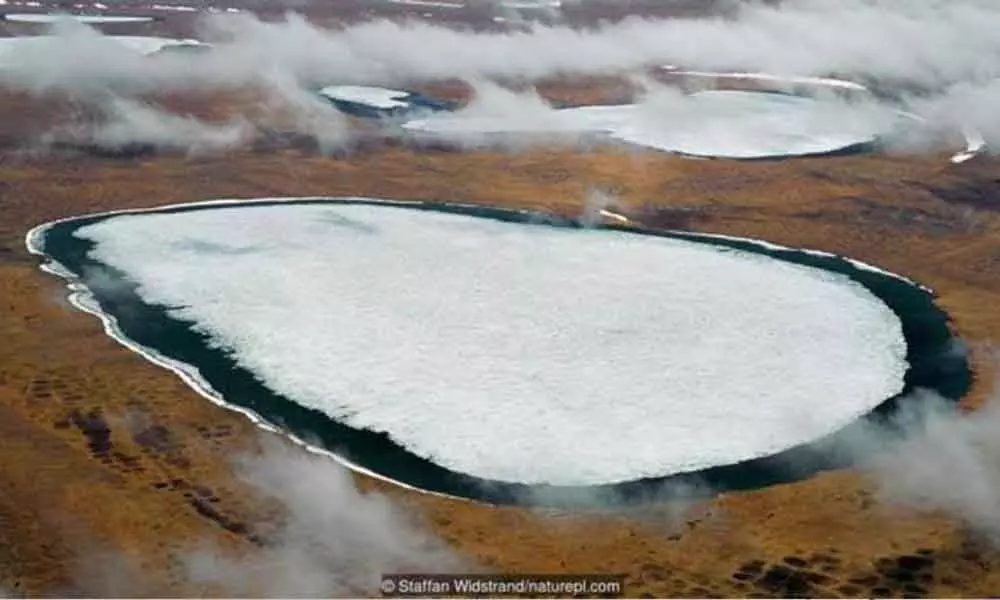Arctic melting may be unleashing a deadly plague on marine mammals: Study

The melting of sea ice in the Arctic is linked to the emergence of a deadly virus that kills marine mammals, according to a 15 year study which highlights how this rapidly warming environment could see several critical species die off in large numbers.
The melting of sea ice in the Arctic is linked to the emergence of a deadly virus that kills marine mammals, according to a 15 year study which highlights how this rapidly warming environment could see several critical species die off in large numbers.
The study, published in the journal Scientific Reports, noted that the pathogen - Phocine distemper virus (PDV) - was responsible for killing thousands of European harbour seals in the North Atlantic in 2002, and was identified in northern sea otters in Alaska in 2004. The researchers, including those from the University of California (UC) Berkeley in the US, conducted the study to know when and how the virus reached the marine mammals.
They sampled 2,530 live and 165 dead marine mammals such as ice-associated seals, northern fur seals, steller sea lions, and northern sea otters from Southeast Alaska to Russia along the Aleutian Islands and the Bering, Chukchi and Beaufort seas, and checked them for PDV exposure and infection from 2001-2016.
The research team also assessed the Arctic ocean sea ice and open water routes from the North Atlantic to North Pacific oceans. Using satellite telemetry data, the team linked animal movement and risk factor data and found that exposed animals can carry the virus long distances. The researchers found evidence of widespread infection and exposure to the virus across the North Pacific Ocean beginning in 2003 - with a second peak of exposure and infection in 2009.
The study noted that these peaks coincided with reductions in Arctic sea ice extent. "As sea ice continues its melting trend, the opportunities for this virus and other pathogens to cross between North Atlantic and North Pacific marine mammals may become more common," said study first author Elizabeth VanWormer from UC Berkeley. "This study highlights the need to understand PDV transmission and the potential for outbreaks in sensitive species within this rapidly changing environment," she said.














